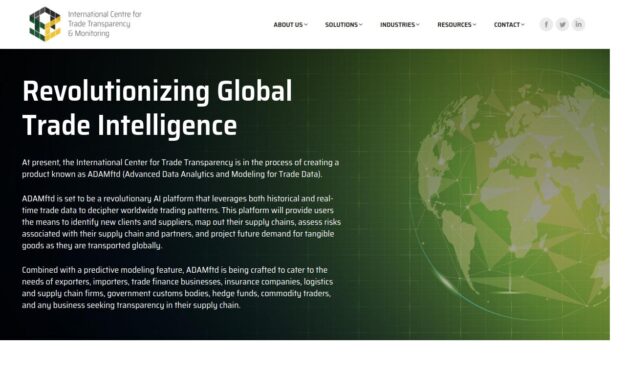Reverse Logistics: The Overlooked Aspect of Supply Chains
Reverse logistics is an essential and often underestimated aspect of supply chain management. By effectively managing product returns, repairs, recycling, and disposal, businesses can enhance customer satisfaction, reduce environmental impact, optimize costs, and mitigate risks. As sustainability becomes a top priority for businesses and consumers alike, integrating reverse logistics into supply chain strategies is crucial. By embracing best practices, leveraging technology, and collaborating with partners, businesses can unlock the potential of reverse logistics and build more sustainable and efficient supply chains.










